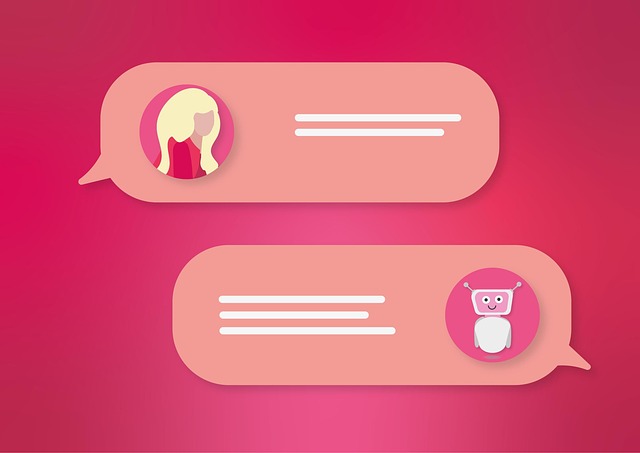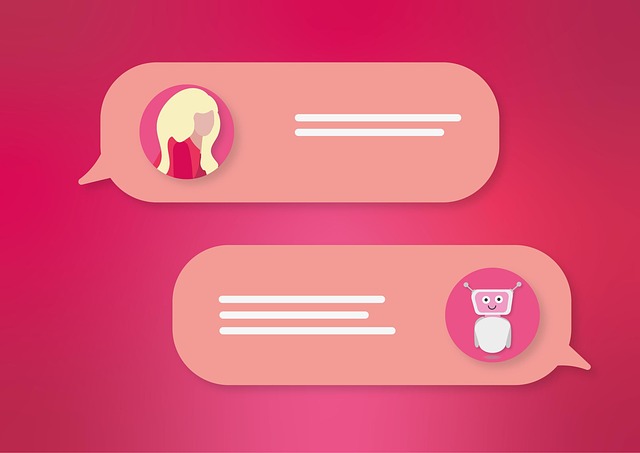AI chatbots online have transformed digital interactions by leveraging NLP and ML to offer human-like assistance in various sectors, from customer service and healthcare to e-commerce. They provide 24/7 availability and quick responses, enhancing user experiences while streamlining business operations. Despite challenges like context awareness and data security, future advancements promise more accurate, platform-integrated chatbots with improved natural language understanding, significantly impacting customer service, education, and healthcare accessibility.
Explore the transformative power of AI chatbots online, a revolution in human-computer interaction. This article delves into the fundamental principles, unraveling the intricacies behind these intelligent virtual assistants. Discover the vast potential of AI chatbots across various sectors, from customer service to healthcare. We examine challenges in development and forecast future prospects, providing insights into how these technologies are shaping our digital landscape. Uncover why AI chatbots online are a game-changer, offering seamless, personalized experiences.
- Understanding AI Chatbots Online: The Basics
- Benefits and Applications of AI Chatbots
- Challenges and Future Prospects in AI Chatbot Development
Understanding AI Chatbots Online: The Basics

AI chatbots online have become an increasingly prevalent aspect of our digital landscape, transforming the way we interact with technology. These virtual assistants leverage advanced natural language processing (NLP) and machine learning algorithms to understand and respond to human queries in a conversational manner. By training on vast datasets, AI chatbots gain knowledge across diverse topics, enabling them to assist users with tasks ranging from simple information retrieval to complex problem-solving.
The core functionality of AI chatbots online involves processing user input, analyzing intent, and generating contextually relevant responses. They can adapt to various communication styles, from casual conversations to more formal interactions, making them versatile tools for customer service, education, entertainment, and beyond. As technology advances, these chatbots continue to evolve, becoming more intuitive, accurate, and capable of handling increasingly sophisticated user needs.
Benefits and Applications of AI Chatbots

AI chatbots online have transformed the way we interact with technology, offering a multitude of benefits across various sectors. These intelligent virtual assistants leverage natural language processing (NLP) and machine learning algorithms to understand and respond to user queries in human-like fashion. One of the key advantages is their 24/7 availability; they can provide immediate assistance, reducing response times significantly compared to traditional customer support methods.
The applications of AI chatbots are vast. They enhance customer service by handling simple queries, allowing human agents to focus on more complex issues. In healthcare, they can assist with scheduling appointments, providing basic medical advice, and even offering emotional support through conversational therapy. Additionally, AI chatbots improve user engagement in e-commerce settings, offering personalized product recommendations, answering product questions, and facilitating seamless checkout processes. Their adaptability and efficiency make them a valuable asset for businesses aiming to streamline operations while improving customer satisfaction.
Challenges and Future Prospects in AI Chatbot Development

Despite remarkable advancements, AI chatbot development faces several challenges. One significant hurdle is generating human-like responses that encompass nuance, context, and empathy—a constant pursuit as language models strive for increasing sophistication. Additionally, ensuring data privacy and security is paramount due to the sensitive nature of user interactions, requiring robust ethical guidelines and encryption measures.
Looking ahead, the future of AI chatbots online holds immense promise. As technology evolves, we can expect more sophisticated models capable of handling complex queries with unparalleled accuracy. Integration across various platforms will become seamless, providing users with consistent experiences regardless of their interaction points. Moreover, advancements in natural language understanding will foster deeper human-chatbot connections, revolutionizing customer service, education, and healthcare accessibility.
AI chatbots online are transforming communication and assistance, offering diverse benefits from customer service to personal aid. As technology advances, these virtual assistants will continue to evolve, addressing challenges like context understanding and ethical considerations. The future of AI chatbots looks promising, with potential applications yet to be fully explored, promising a more connected and efficient digital landscape.
